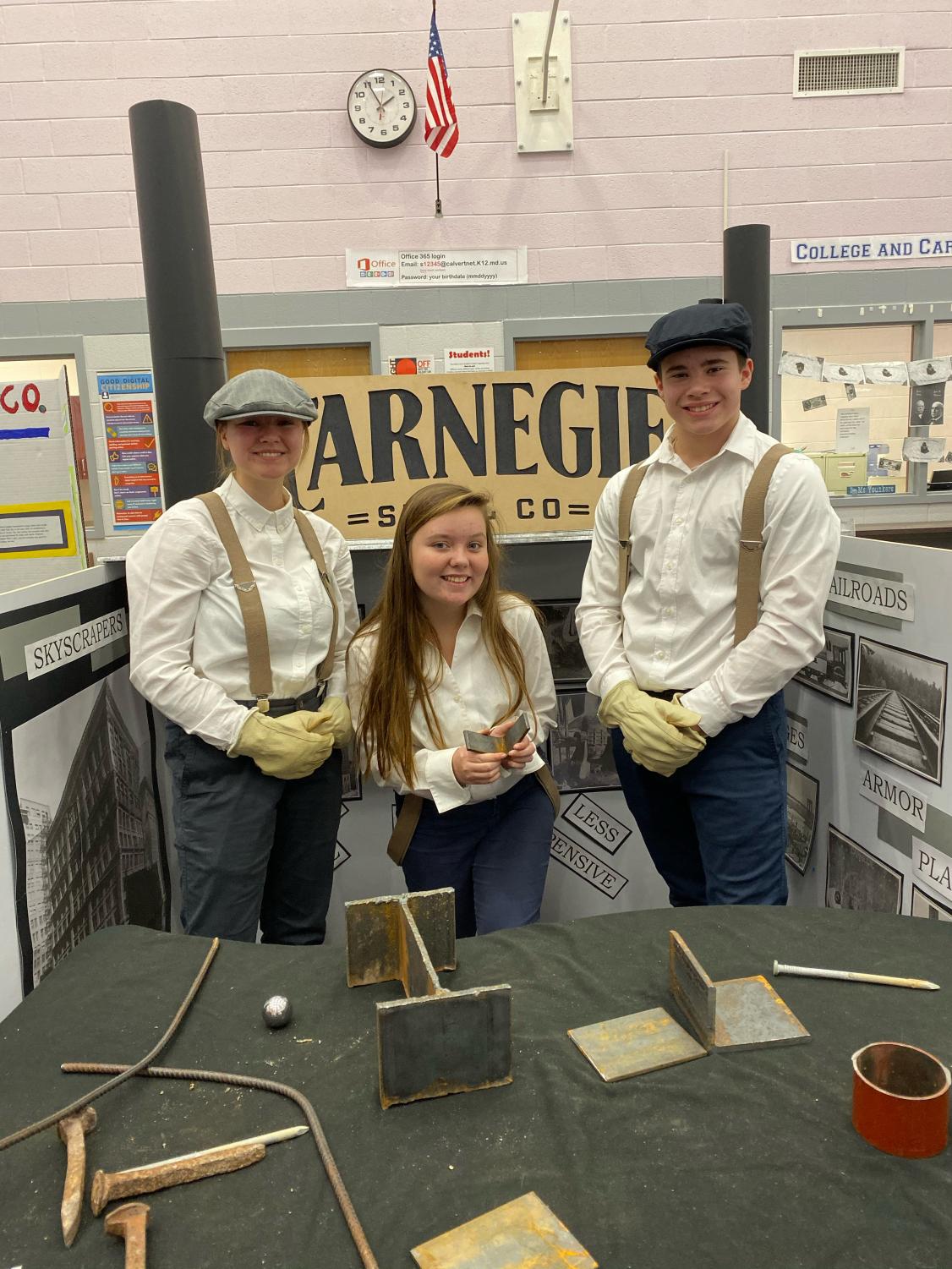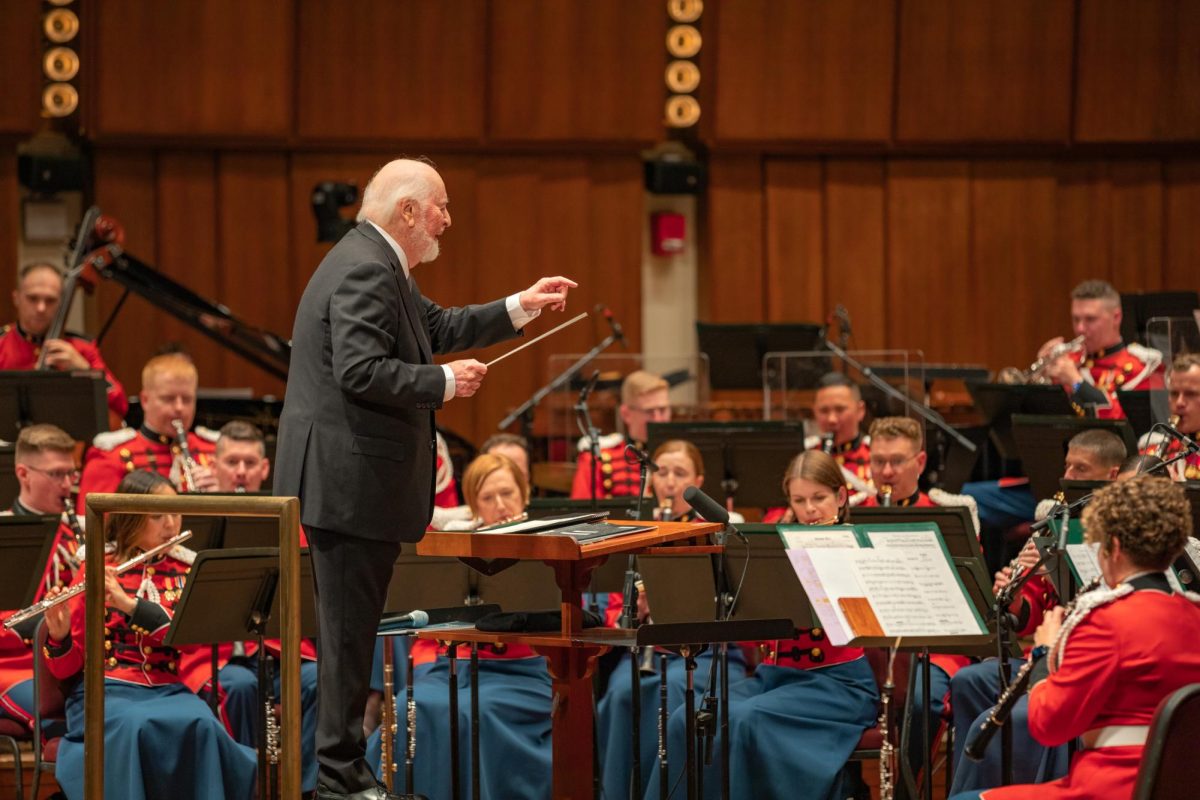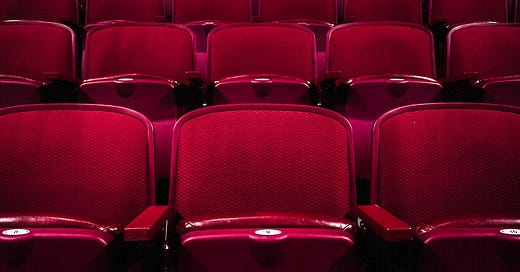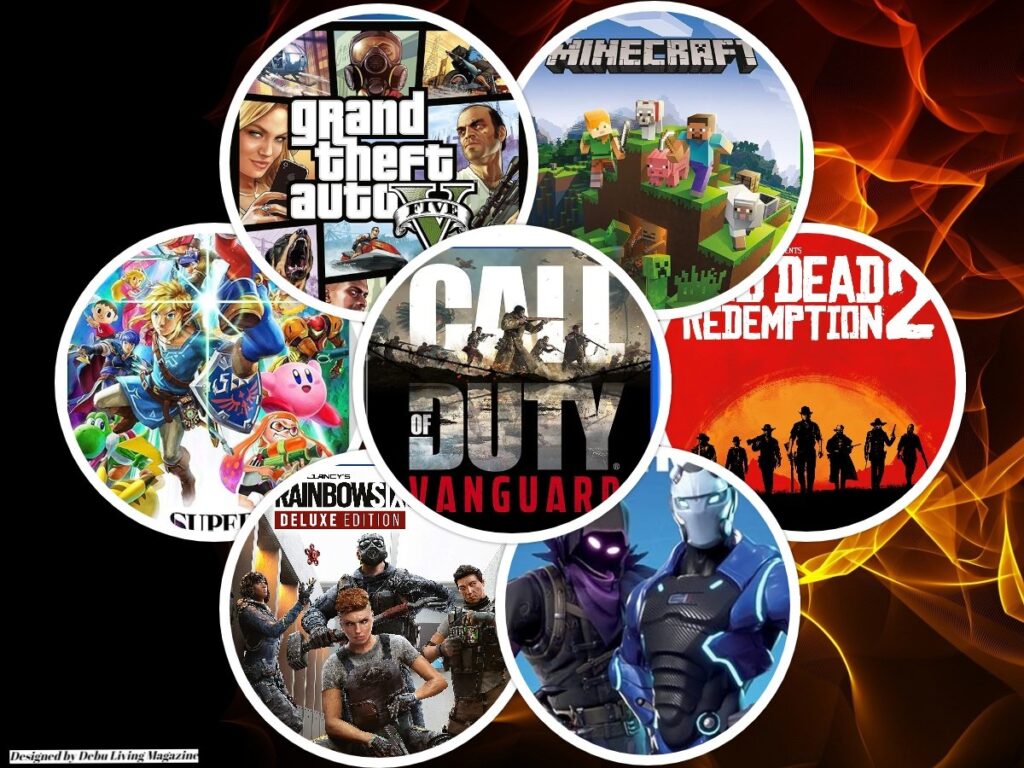I’m not the fangirl type. I really don’t have much to do with pop culture or the latest celebrities. However, this July, I was presented with an opportunity outside my typical.
Jaws… Star Wars… Superman… E.T… Indiana Jones… Home Alone… Jurassic Park… Harry Potter
John Williams has scored these and over a hundred films since 1952. Many of these films remain iconic parts of American popular culture. Part of what makes these films so iconic is their music. Everyone is familiar with “The Imperial March” and the opening credits of Harry Potter and the Sorcerer’s Stone, regardless of their level of training in musical performance. Most aren’t as familiar with the scorer as they are with the cast, but his contributions to the films are invaluable.
I grew up listening to Williams’ music, revering him as one of the greatest composers of our generation. While some families listened to Bruno Mars and Journey, we listened to John Phillip Sousa and John Williams. My siblings and I would dance around the kitchen – doing dishes and sweeping the floor – while listening to “Raiders March” and the “Main Theme” from Star Wars.
My dad, MSgt Frank Crawford, is the principal tuba player in the President’s Own United States Marine Band. In October 2019, he performed on their West Coast tour. Unbeknownst to my family and the public, it had been arranged for Williams to conduct the band at their concert in Los Angeles, California. This wasn’t the first time Williams had worked with the band, but it was the first time my dad had played under his baton. My family was elated to hear of what had occurred. We couldn’t believe it!
This year, we learned that Williams would be conducting, in part, the Band’s 225th Anniversary Concert at the Kennedy Center. We were enthused to see him conduct his own music.
The Saturday before the Sunday concert, I took a few friends to attend the dress rehearsal in the Sousa Hall at Marine Barracks Washington. There were about 150 people in attendance that day – all eager, energetic, and appreciative of the opportunity. Williams looked older than in the pictures I’d seen but worked with a sprightliness uncharacteristic of most 91-year-olds. He appeared more than capable of directing the two-hour rehearsal. We were delighted to hear the familiar tunes and the composer’s commentary.
Williams was uniquely able to be particular with this ensemble, which was evident in his directions. He spoke of different interpretations of “Hooray for Hollywood.” In reference to “Scherzo for Motorcycle,” fromIndiana Jones and the Last Crusade, he said that “the first three notes should be the loudest in existence.” Who could know better than the composer himself?
Said MGySgt Chris Tiedeman, who plays the tuba in the Marine Band: “I was particularly struck when he began the rehearsal. He raised his arms, and we were all transported to his musical genius. He has such an incredible sense of how he wants his music to sound, and his interest and energy [were] infectious. He was able to transform the sound of the band with a few gestures and comments that had exponential effects on the music we were making.”
The musicians seemed drawn in by his humble direction and expertise. Williams seemed giddy to play with the Band; he kept looking back at the Band’s director and chuckling to himself; he seemed to be having a good time. He said, “[This is] a treat for me. [It’s] so different. I’ve enjoyed this so much.” He was efficient in the rehearsal, yet anecdotal, warm, and witty. At one point, he told the military band they needed to be expressive, avoiding a militaristic 4/4. Unlike most ensembles, the Marine Band has nearly unlimited brass. When the rehearsal turned to the concert’s encore piece, “the Imperial March,” much of the audience, dressed in military uniform, rose and added another brass section to the Band – this, to great effect.
Williams has a deep respect for the Marine Band’s professional caliber. Throughout the rehearsal and concert, he repeated that the occasion was “[his] great pleasure.” The week prior, Williams had worked with the LA Philharmonic, which is widely acclaimed to be one of the best ensembles in the nation. To help their bass drum player understand how to play a specific passage, Williams asked, “Do you know how the Marine Band’s bass drum plays this?” The drummer replied in the affirmative, to which Williams said, “Do that.” Said Williams, “Performing with ‘The President’s Own’… has been one of the highest honors of my working life in music… [It] is a miracle shaped and formed by dedication and pride… they retain a level of instrumental excellence comparable to that of our greatest symphony orchestras, who are themselves the standard of the world.”
The concert itself was incredible. Tickets sold out within 22 minutes of their online release, and scores of others wished they could attend. There were times Williams let the trumpets loose, or when chilling melodies told a story in a fashion that commanded respect. The music seemed much cleaner performed live than in recordings. Williams was beloved by all in attendance, and the audience hung on his every word. He was even made an honorary Marine by the acting Commandant of the US Marine Corps. The Kennedy Center’s iconic Concert Hall was a fitting atmosphere for such an event. My family certainly enjoyed it.
Members of the Marine Band win their jobs in competitive auditions, most having received training from instructors of high acclaim. Most have been training for the majority of their lives. Over the concert weekend, many expressed the love they’d had for Williams’ music since childhood. Band Director Colonel Fettig said he bought the Jurassic Park soundtrack after seeing the 1993 film and literally wore out the CD. The performers found meaning in the opportunity to play under such a beloved composer. “Having the chance to play John Williams’ music under his baton was an experience that will be among my absolute favorites,” continued Tiedeman. “John Williams’ music was a huge influence for me as a kid finding my love of music and being a musician. As an adult, having a brief window into his musical world was a very special reminder of how important music is and the effect it can have on all of us.”
My family sometimes discusses the perceived absence of great composers in the modern era. Where is our Tchaikovsky, our Bach? Where is our Handel, or Shostakovich, or Verdi? We discuss the prevalence of pop music and its divergence from traditional orchestral literature. Are we losing this ancient craft?
Throughout history – aside from religious works – music was written for entertainment. Pieces were composed to accompany the ballets, the operas, or for symphony orchestras. Today, most don’t engage in these artistic pursuits – we watch movies. Perhaps the greats of our generation are these film scorers. Perhaps the themes we hum from our favorite movies will join the enduring auditory vernacular of Western society. Perhaps, in hundreds of years, where I and my peers play and listen to the compositions of Prokofiev, Beethoven, and Bizet, future generations and orchestras around the world will be playing the great works of John Williams.







